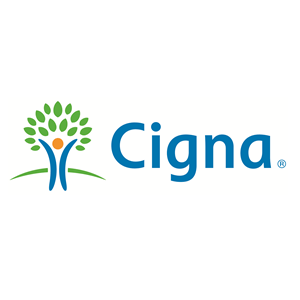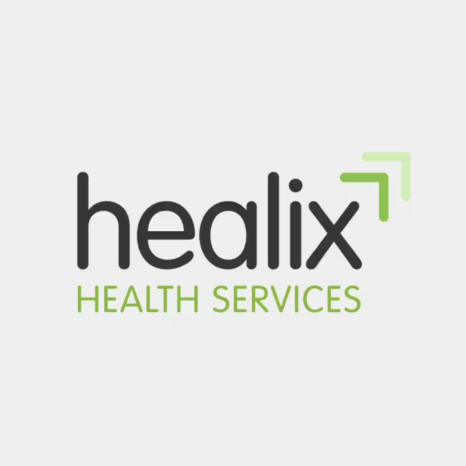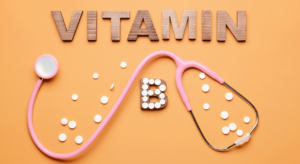Harley Street Clinic
- Marylebone Area, just off Oxford Street
- 13 Queen Anne Street, W1G 9JH, London
- +442073231023
- 8:00am – 6:30pm (Weekdays)



Private Doctors Clinic
Our private clinic has been in Harley Street for 23 years and has an exceptional reputation for high-quality medical care at your convenience.
Open from 8 am – 6.30 pm Monday to Friday, we offer excellent appointment availability to make sure you can be seen at a time to suit your schedule for a wide range of helpful services.
Our services include GP appointments, medical testing, blood tests, COVID testing, health screenings, sexual health, family planning procedures, visa medicals and much more.
a one-stop shop for your primary care
Our aim is to be a one-stop shop for your primary care and GP needs, providing services that are not available commonly on the NHS or that are difficult to come by. Your health is important to us which is why we have curated our services to accommodate our patients’ needs.
Please note that step-free access is not available at this clinic. We can accommodate wheelchair users but aided movement from wheelchair will be required. Please inform the clinic when you book so that sufficient team members are available to assist you.
About our Clinic
The Harley Walk-in Clinic is part of the Harley Street Health Centre Group which was founded in 1998.
Unlike most walk-in clinics, we see patients of any age and offer a full range of primary care, women’s health and men’s health services including walk-in and same-day doctor appointments, sexual health, minor injury, medical screening and medical testing services.
Private GP services provide patient choice, convenience, peace of mind, fast results and fast-tracked specialist referrals.
Transparent Fees
Our rates are transparent with no additional administration or prescription charges. We are always happy to discuss the cost of your care prior to your appointment and also organise package costs for multiple tests and services.
The Harley Walk-in Clinic is set in a listed building in London’s prestigious medical district and is medically furnished to a very high specification.
Our service is professional, convenient and discreet and our principle commitment is to excellence in healthcare for our patients.
We achieve this through exceptional facilities, highly-trained and experienced doctors, a caring and professional support team and a close network of specialists, radiology centres, physiotherapists and complementary therapists.
London’s trusted private GP service
Experienced
since 1998
Experienced doctors & a professional team
Registration
not needed
Up-to-date with the latest treatments & testing
Strictly
confidential service
Your medical records are kept private at all times.
Affordable private
health care
Transparent fee structure with no hidden charges
How to find us
Oxford Circus Station
Subway services: Central Line, Bakerloo & Victoria Line (7 min walk)
Bond Street Station
Subway services: Central Line (9 min walk)
Regents Park Station
Subway services: Bakerloo Line (11 min walk)
Euston Station
Trains: London Euston Station (18 min walk)
Marylebone Station
Trains: Bakerloo (19 min walk)
Duke's Place (Stop A)
Buses: 25, 55, 73, 88 (1 min walk)
Bishopsgate (Stop N)
Buses: 453, C2, 113, 23 (3 min walk)
Wormwood Street (Stop Y)
Buses: 94, 139, 159, 7, 10 (5 min walk)
St Katharine Cree (Stop X)
Buses: 453, C2, 113 (6 min walk)
St Katharine Cree (Stop W)
Buses: 25, N550 (7 min walk)
Threadneedle Street (Stop S)
Buses: 10, 98, 39 (9 min walk)
Duke's Place
Buses: 94, 139, 159, 7, 10 (10 min walk)
Bury Street
Parking available on the street in front of the clinic. Max stay 2 hours. (1 min walk)
Mitre Street
Max stay 2 hours (3 min walk)
Creechurch Lane
Max stay 2 hours (5 min walk)
123 Houndsditch
Max stay 2 hours (6 min walk)
St Mary Axe
Max stay 2 hours (7 min walk)
Nearby Amenities
Oxford Circus Station
Subway services: Central Line, Bakerloo & Victoria Line (7 min walk)
Bond Street Station
Subway services: Central Line (9 min walk)
Regents Park Station
Subway services: Bakerloo Line (11 min walk)
9 Harley Street
Trai9 Harley St, Marylebone, London, W1G 9QY (2 min walk)
London Eye Hospital Ltd
Wimpole House, 29 Wimpole St, Marylebone, London, W1G 8GP (3 min walk)
RB&HH
77 Wimpole St, Marylebone, London, W1G 9RU (3 min walk)
Cash Machine Tesco
1 St Katharine's Way, St Katharine's & Wapping, London, E1W 1UT (8 min walk)
ATM
306 High Holborn, London, WC1V 7JY (10 min walk)
Cashpoint (Sainsbury's)
60 Fetter Ln, Clerkenwell, London, EC4A 1AA (16 min walk)
Oxford Circus Station
Subway services: Central Line, Bakerloo & Victoria Line (7 min walk)
Bond Street Station
Subway services: Central Line (9 min walk)
Regents Park Station
Subway services: Bakerloo Line (11 min walk)
9 Harley Street
Trai9 Harley St, Marylebone, London, W1G 9QY (2 min walk)
London Eye Hospital Ltd
Wimpole House, 29 Wimpole St, Marylebone, London, W1G 8GP (3 min walk)
RB&HH
77 Wimpole St, Marylebone, London, W1G 9RU (3 min walk)
Cash Machine Tesco
1 St Katharine's Way, St Katharine's & Wapping, London, E1W 1UT (8 min walk)
ATM
306 High Holborn, London, WC1V 7JY (10 min walk)
Cashpoint (Sainsbury's)
60 Fetter Ln, Clerkenwell, London, EC4A 1AA (16 min walk)
Accepted Insurance Companies





Medical Team
We work with experienced consultants & healthcare professionals who have received positive feedback from our patients, and with whom we have established long-term relationships.
testimonials
book appointment
fAQ
Do you have a confidentiality policy?
How easy is it to get an appointment?
Do you have wheelchair access?
Our Harley Street Clinic is fully accessible to wheelchair users.
latest news

Traveling to London? Our Private GP Clinic Can Help with Urgent Medical Needs
If you travel to London, you may wonder how to access medical care while here. It can be unclear, as

What to Expect from a Private GP Consultation
More and more people are obtaining private doctor appointments. One reason is the reduced availability of NHS doctor appointments, but

Vitamin B12 Deficiency: Understanding Its Link to Cancer Risk
We aren’t in the business of fear-mongering, but there are some things that are important to know. Did you know,
join our newsletter
Subscribe for latest updates & news

















